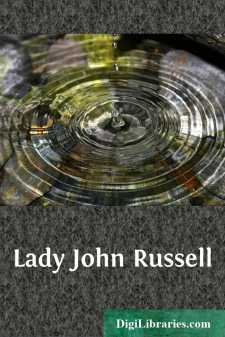Categories
- Antiques & Collectibles 13
- Architecture 36
- Art 48
- Bibles 22
- Biography & Autobiography 816
- Body, Mind & Spirit 145
- Business & Economics 28
- Children's Books 17
- Children's Fiction 14
- Computers 4
- Cooking 94
- Crafts & Hobbies 4
- Drama 346
- Education 58
- Family & Relationships 59
- Fiction 11834
- Foreign Language Study 3
- Games 19
- Gardening 17
- Health & Fitness 34
- History 1378
- House & Home 1
- Humor 147
- Juvenile Fiction 1873
- Juvenile Nonfiction 202
- Language Arts & Disciplines 89
- Law 16
- Literary Collections 686
- Literary Criticism 179
- Mathematics 13
- Medical 41
- Music 40
- Nature 179
- Non-Classifiable 1768
- Performing Arts 7
- Periodicals 1453
- Philosophy 66
- Photography 2
- Poetry 897
- Political Science 203
- Psychology 45
- Reference 154
- Religion 516
- Science 126
- Self-Help 85
- Social Science 82
- Sports & Recreation 34
- Study Aids 3
- Technology & Engineering 59
- Transportation 23
- Travel 463
- True Crime 29
Our website is made possible by displaying online advertisements to our visitors.
Please consider supporting us by disabling your ad blocker.
The Poetical Works of Addison; Gay's Fables; and Somerville's Chase With Memoirs and Critical Dissertations, by the Rev. George Gilfillan
by: Unknown
Description:
Excerpt
LIFE OF JOSEPH ADDISON.
Joseph Addison, the Spectator, the true founder of our periodical literature, the finest, if not the greatest writer in the English language, was born at Milston, Wiltshire, on the 1st of May 1672. A fanciful mind might trace a correspondence between the particular months when celebrated men have been born and the peculiar complexion of their genius. Milton, the austere and awful, was born in the silent and gloomy month of December. Shakspeare, the most versatile of all writers, was born in April, that month of changeful skies, of sudden sunshine, and sudden showers. Burns and Byron, those stormy spirits, both appeared in the fierce January; and of the former, he himself says,
"'Twas then a blast o' Januar-win'
Blew welcome in on Robin."
Scott, the broad sunny being, visited us in August, and in the same month the warm genius of Shelley came, as Hunt used to tell him, "from the planet Mercury" to our earth. Coleridge and Keats, with whose song a deep bar of sorrow was to mingle, like the music of falling leaves, or of winds wailing for the departure of summer, arrived in October,—that month, the beauty of which is the child of blasting, and its glory the flush of decay. And it seems somehow fitting that Addison, the mild, the quietly-joyous, the sanguine and serene, should come, with the daisy and the sweet summer-tide, on the 1st of May, which Buchanan thus hails—
"Salve fugacis gloria saeculi,
Salve secunda digna dies nota,
Salve vetustae vitae imago,
Et specimen venientis aevi."
"Hail, glory of the fleeting year!
Hail, day, the fairest, happiest here!
Image of time for ever by,
Pledge of a bright eternity."
Dr Lancelot Addison, himself a man of no mean note, was the father of our poet. He was born in 1632, at Maltesmeaburn, in the parish of Corby Ravensworth, (what a name of ill-omen within ill-omen, or as Dr Johnson would say, "inspissated gloom"!) in the county of Westmoreland. His father was a minister of the gospel; but in such humble circumstances, that Lancelot was received from the Grammar-school of Appleby into Queen's College, Oxford, in the capacity of a "poor child." After passing his curriculum there, being chiefly distinguished for his violent High Church and Monarchical principles, for which he repeatedly smarted, he, at the Restoration, was appointed chaplain to the garrison of Dunkirk, and soon after he accepted a similar situation in Tangier, which had been ceded by Portugal to Britain. In this latter post he felt rather lonely and miserable, and was driven, in self-defence, to betake himself to the study of the manners and the literature of the Moors, Jews, and other Oriental nations. This led him afterwards to publish some works on Barbary, on Hebrew customs, and Mohammedanism, which shew a profound acquaintance with these subjects, and which, not without reason, are supposed to have coloured the imagination of his son Joseph, who is seldom more felicitous than when reproducing the gorgeous superstitions and phantasies of the East....


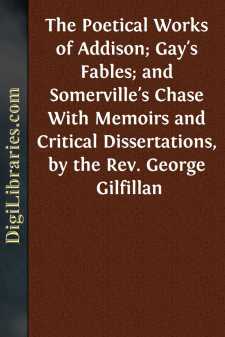
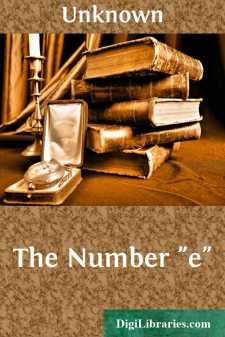
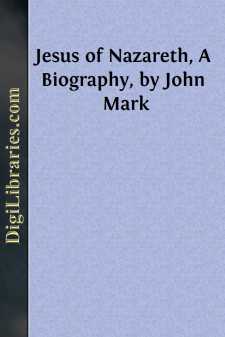

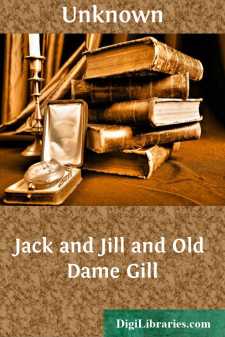
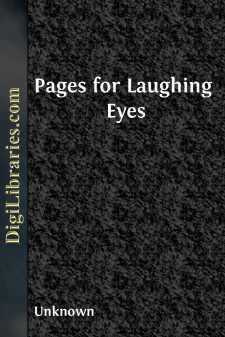
![The Golden Mean or Ratio[(1+sqrt(5))/2]](https://digilibraries-com.s3.eu-central-1.amazonaws.com/covers/762d190f-63a4-489a-b897-ff78516bd105.jpg)

